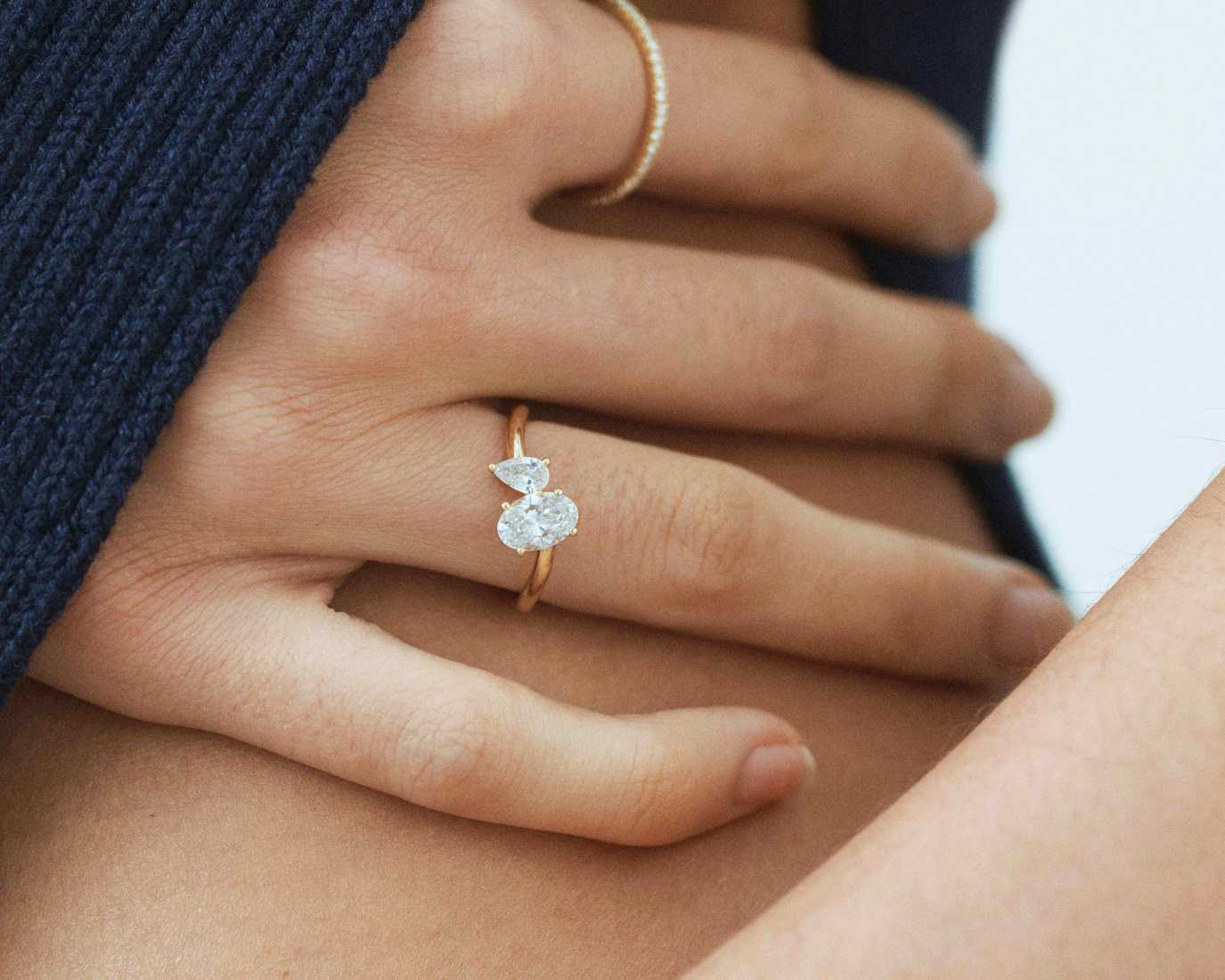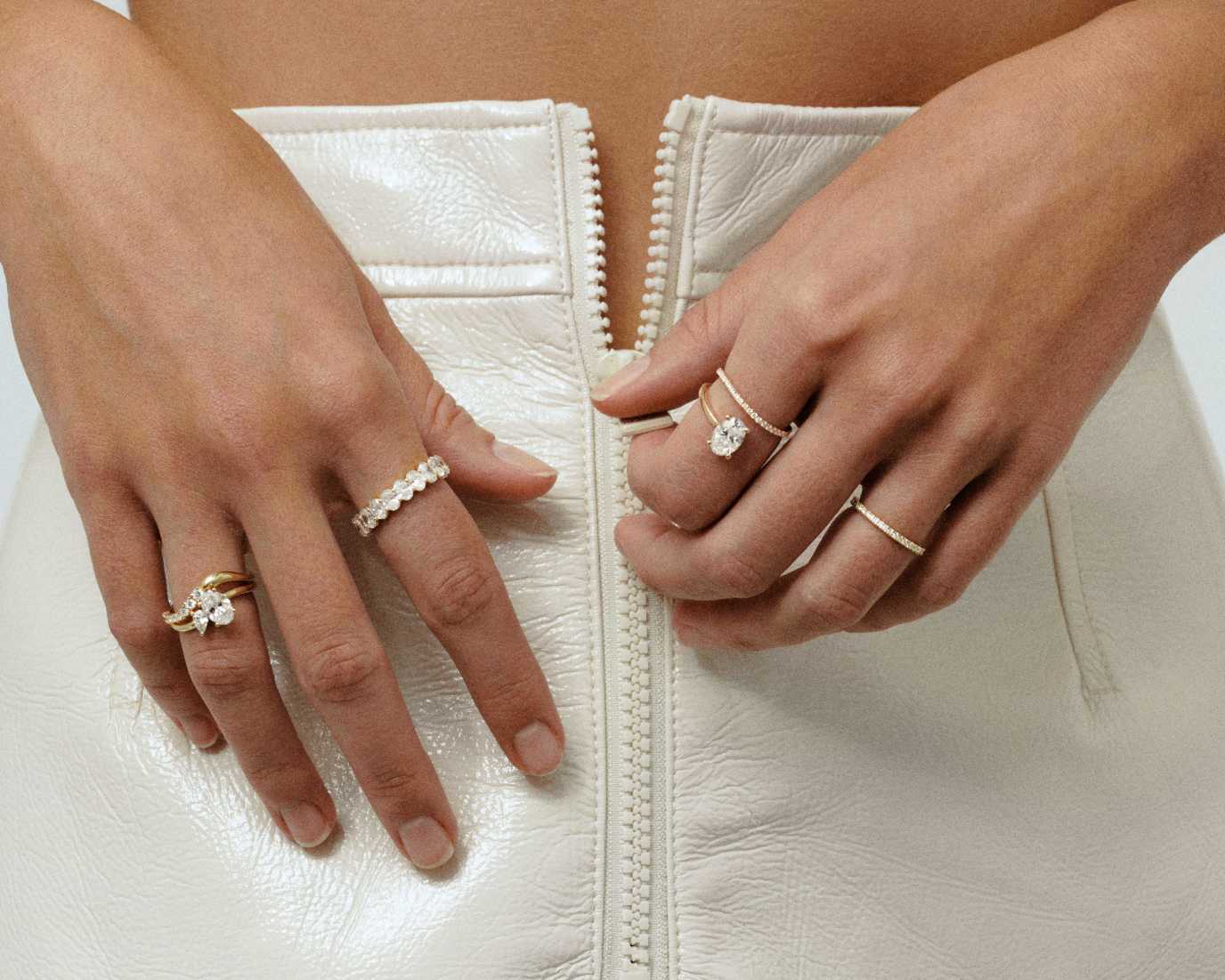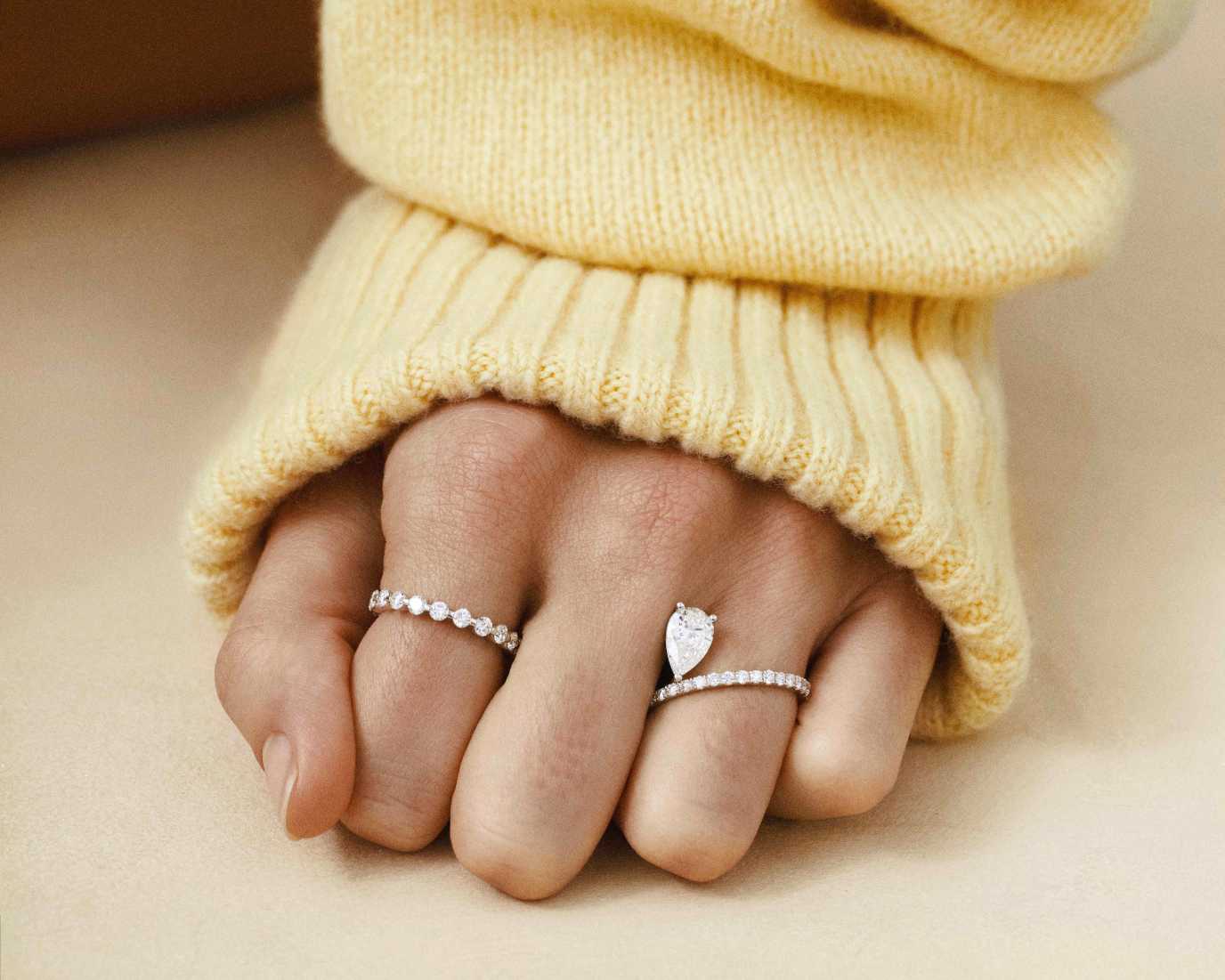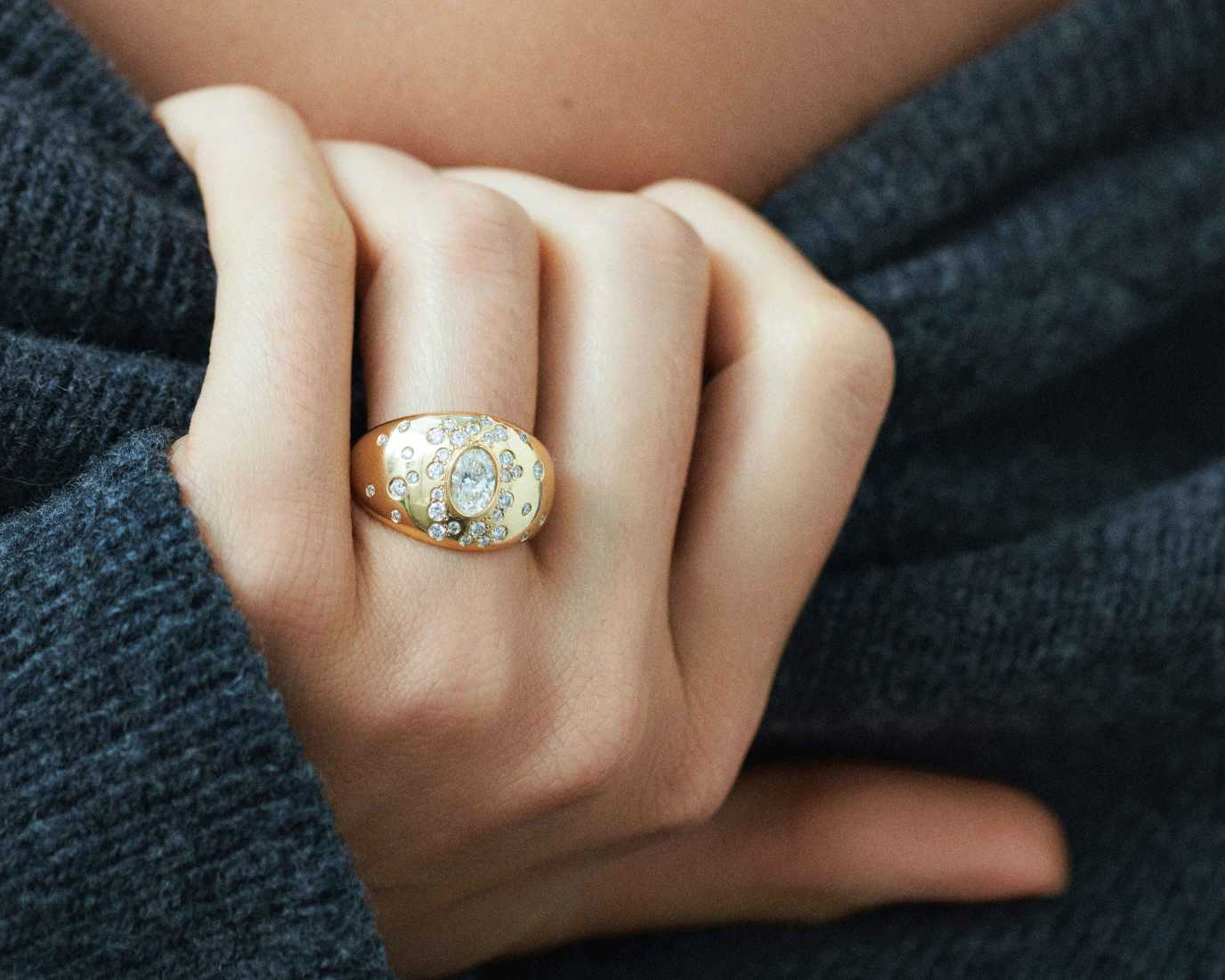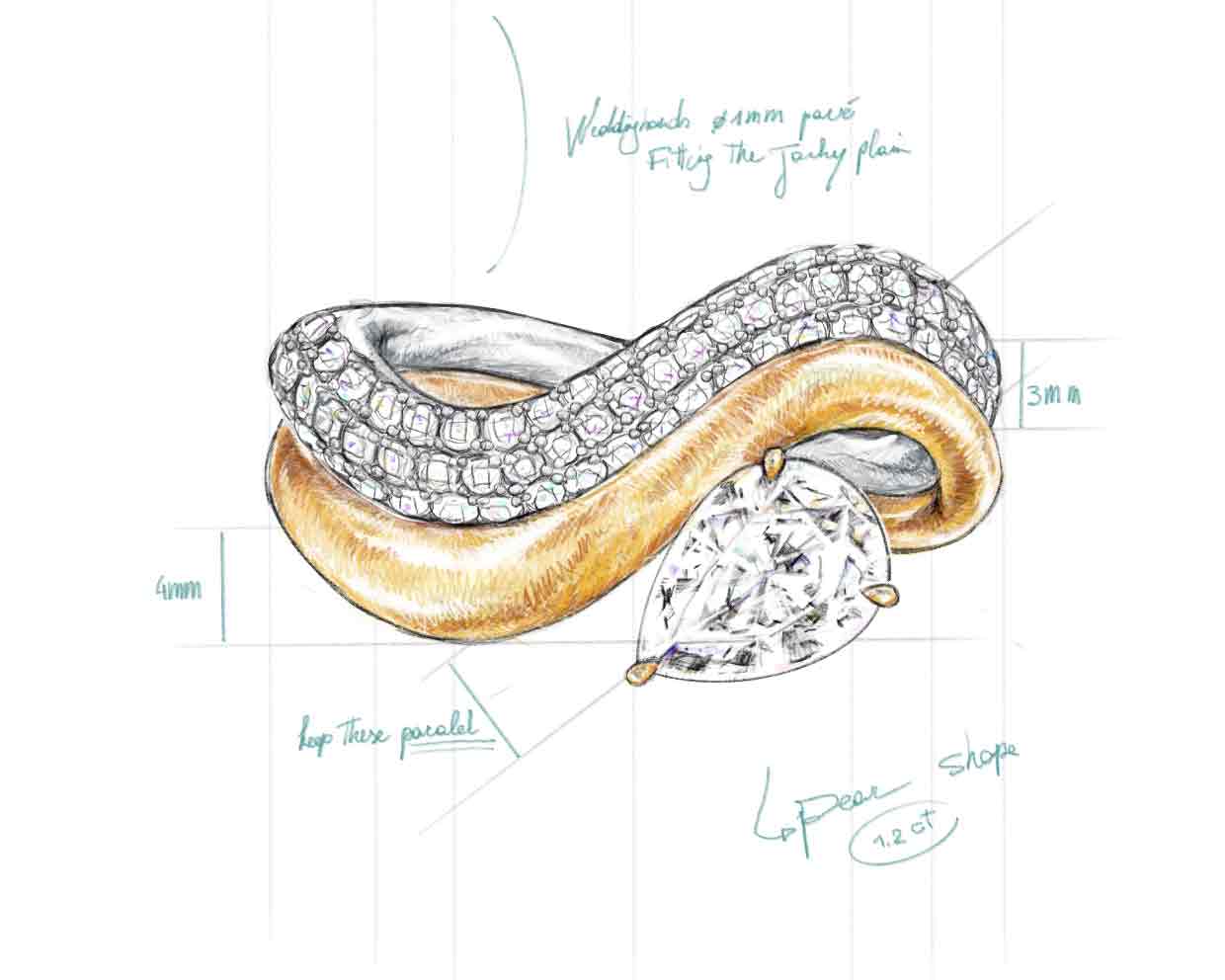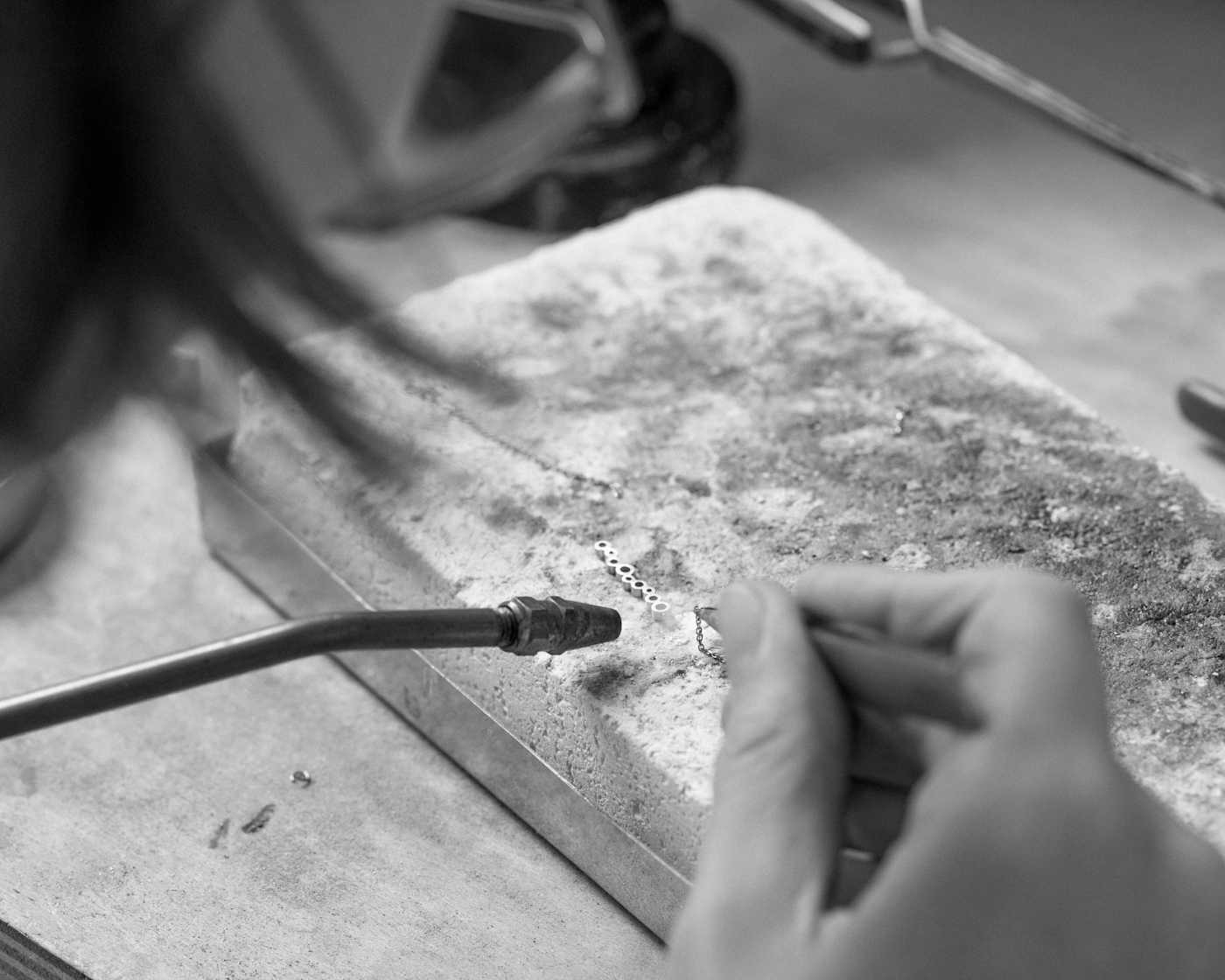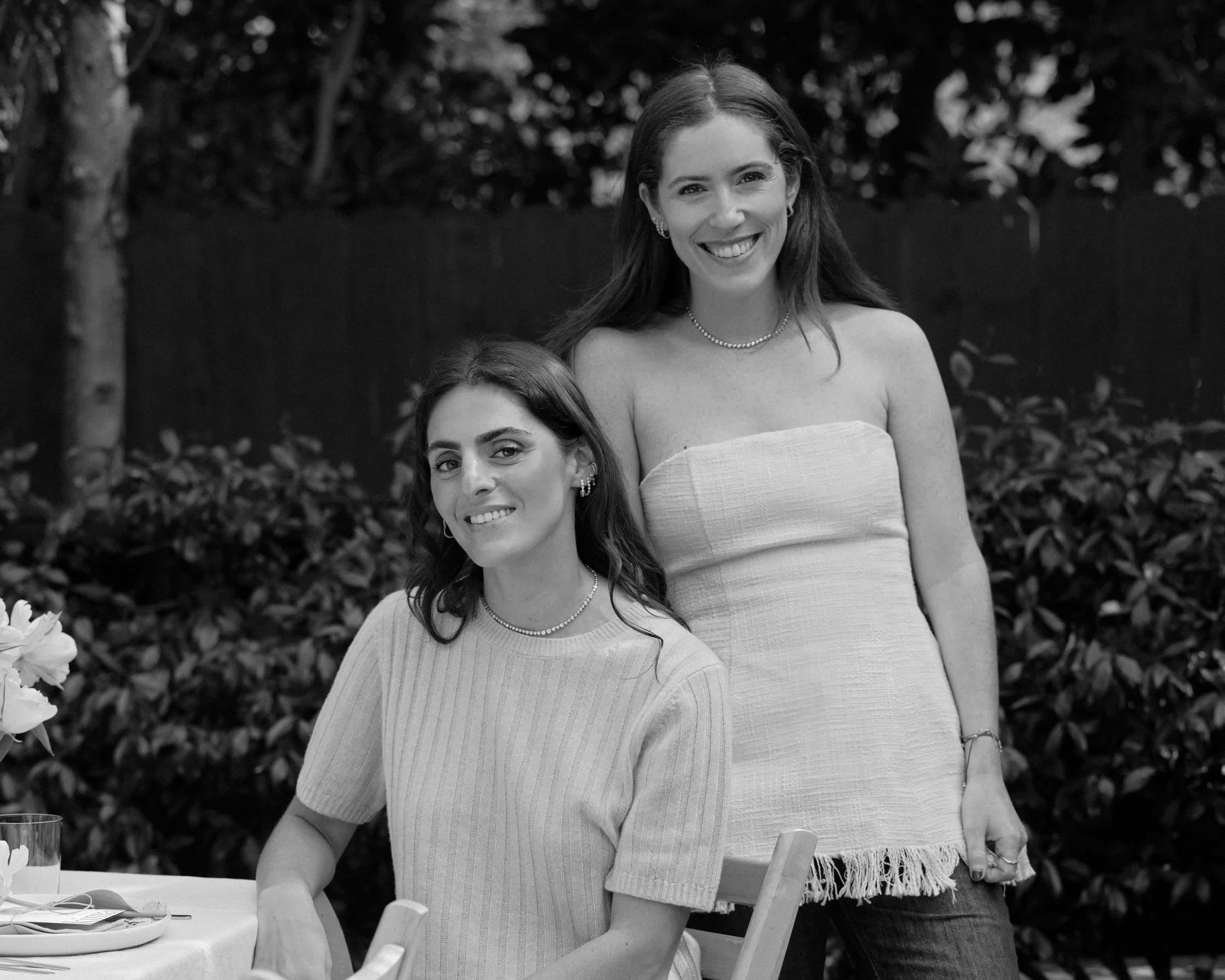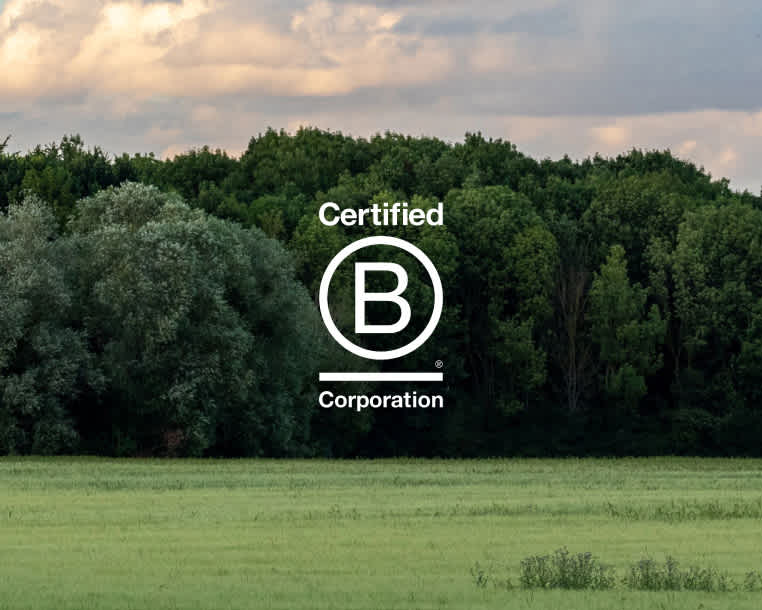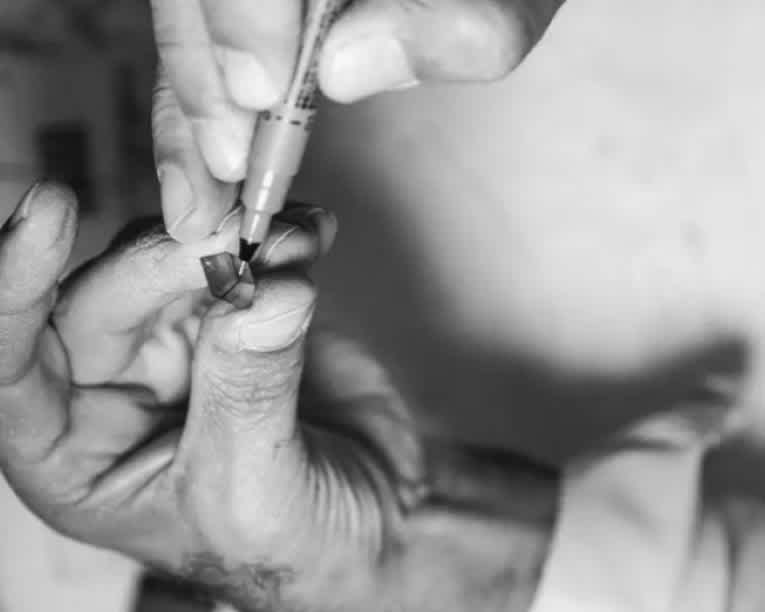L'invite
21 February 2023Marianne & Camila, Founders of the Wolves Lane Flower Company
This month we have been chatting to co-founders Marianne and Camila, who started the Wolves Lane Flower Company.
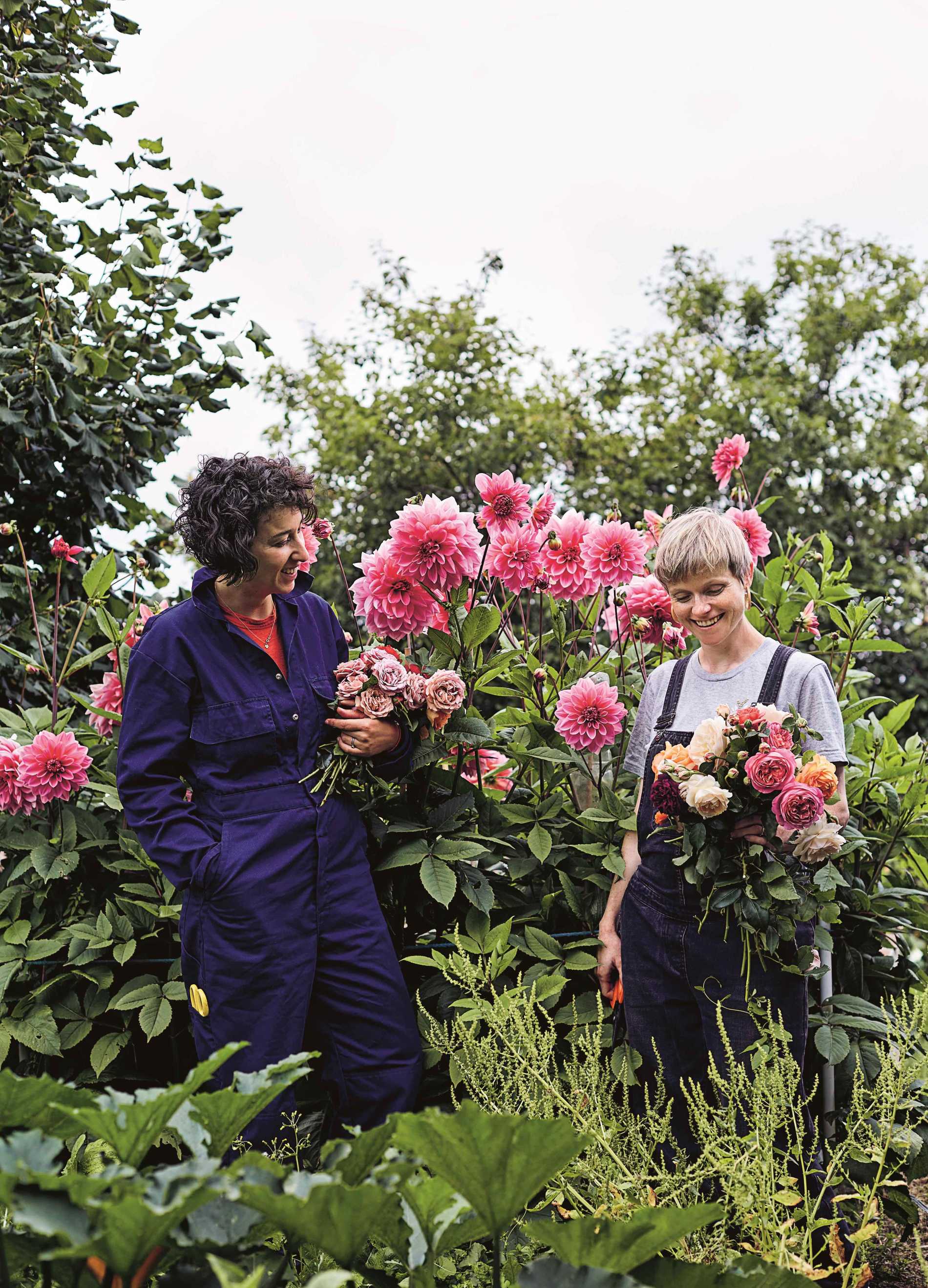
Where did the idea for Wolves Lane Flowers come from?
We always say that our business was born out of a serendipitous twist of fate! Mariane had discovered Wolves Lane (a three and a half acre old horticultural site owned by Haringey council) having moved round the corner from it and Camila had quit her job in fashion wanting to work in a more sustainable way. We went to visit the site together with an inkling that we could do something cool there.
That same day, Marianne found a PDF document buried on Haringey’s website inviting people to apply and take over the running of the space. We spent the next six months cooking up ideas and a ridiculously ambitious business plan to take over the entire space. Luckily for our sanity we weren’t granted the whole site but we were given the keys to one glasshouse and some overgrown old allotment plots. It was April and not an ideal time to launch a flower farm but we went for it and slowly slowly were able to give up other work to build the business up.
Any advice for entrepreneurs looking to make the jump from one industry to another?
There can be a tendency to try and over train and know everything before taking the leap into your chosen field. Don’t wait until you’ve learnt and planned everything as that day will never come! It has been invaluable to us to be running this business as a duo. You gain confidence from one another and we can bolster each other up if one of us is having a moment of low morale. Find a community of like minded people working in a similar field so you can compare notes and support each other. You don’t need to reinvent the wheel seeking out the best way to do every element of your business. Someone will have been there and figured it out and may be very happy to share their knowledge with you.
Like us, sustainability is at the heart of your brand. Can you tell us more about the steps you take to remain sustainable?
Centering sustainability within your business is a constant process versus a destination. There are certain parameters such as never working with floral foam, imported flowers or peat enriched compost that are hard and fast for us. But there is always more work to be done. We haven’t been able to afford an electric vehicle so far and it is very difficult to phase out the use of plastic totally from our growing operations. We do our best to reuse and repair things like the netting that supports our crops and think carefully about the sustainable credentials of the suppliers we buy from. We’ve also been experimenting and getting great results from saving our own seed, something anyone can do at home.
What is a micro urban flower farm and how is wolves lane doing things differently from the rest of the industry?
The flower farms where your supermarket blooms are grown are huge. Hectares and hectares - often grown under glass or plastic - of a monocrop that is farmed intensively and with a lot of chemical intervention to eliminate the chances of crop failure (think toxic pesticides, fungicides and preservatives once the stems are cut). We grow on roughly a third of an acre so don’t try to compete with this model, instead offering a sustainable and more appealing alternative. When flowers are grown a few miles from their final destination there is the opportunity to grow more delicate, ephemeral flowers that would never hack the grueling thousand mile journey by air. We use no chemicals, artificial light or heat and work seasonally, celebrating the blooms of each moment in the year. Unlike many of our flower farm contemporaries who have acres to play with but may be in more rural locations, we are in zone three of London. What we lack in space, we make up for with the potential to reach a lot of florists and flower lovers in the capital. Making the small patch of land we farm productive and profitable is a complex game of Tetris we are forever tweaking but it’s been a total joy to see the space come alive again once more with pollinators and worms.
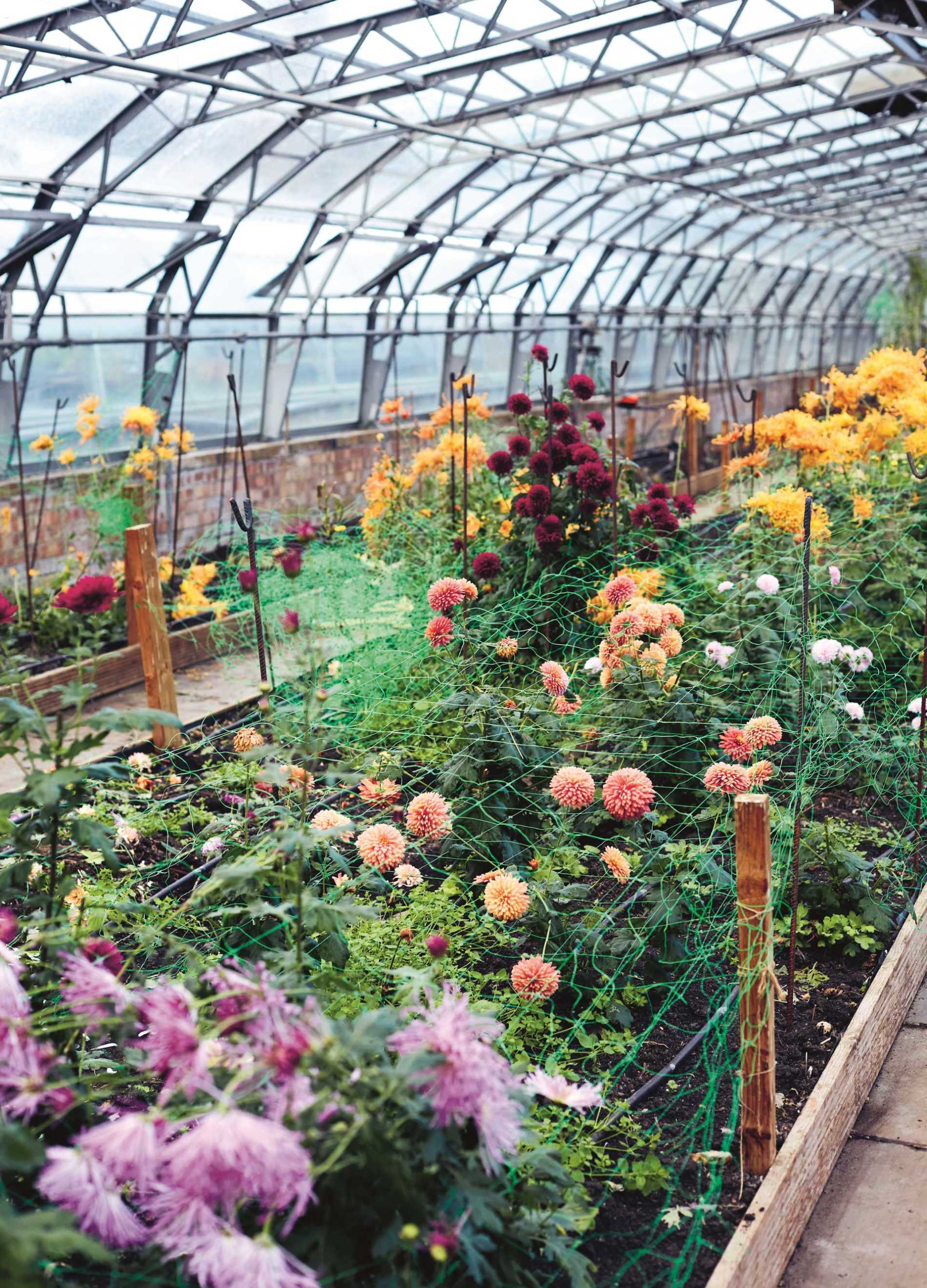
What is the importance of seasonality?
The last few decades have normalised a culture of getting what you want when you want it. No peonies in November? No problem! We can fly some in from the other side of the world! What we celebrate and hope to educate our customers about is that every flower has its moment in the year - cut armfuls of garden roses in May or revel in the rusts and reds of rudbeckia and rose hips come September. We miss the sweet peas through autumn and winter but are then so much more excited when they show up in May. We start sowing them in October so its a real lesson in delayed gratification to wait six months or more to catch their incredible scent. There is always something beautiful to be cut and enjoyed but it does require tuning into nature and seeing that beauty is all around us all the time.
You’ve just published your book ‘How to Grow the Flowers', what made you guys want to write?
We were approached by our publishers Pavilion Books before lockdown and we were acutely aware that there are already so many invaluable books out there written by some of our floral heroes. Lockdown was a step change moment for the world and we saw the demand from people not only wanting to buy flowers but to volunteer and get their hands in the soil explode. We felt like we could help bridge the gap for people who have very limited knowledge of gardening to reach a point where they can go into their own gardens and cut a handful of flowers to enjoy next to their laptop or on the kitchen table. Flowers are beautiful and help us feel more connected with nature. Even the humblest of gardens can yield something beautiful to cut and enjoy, and hopefully if people discover there are thrifty ways to grow, it helps all of us want to take better care of this planet.
You also do flowers for weddings, can you talk us through that process?
We are excited to be taking on a small number of weddings in 2023 as this year we scaled right back due to the demands of small children. To us, the way we work with couples feels like the most natural and sensible way of getting the best out of the flowers for your big day but does require couples relinquishing control and overly prescriptive lists of ingredients or Pinterest boards. What’s wonderful about seasonal wedding flowers is that you’re capturing that couple’s very specific moment in time in the season. It might be that that year the roses have had a second flush early so we’re able to tuck a golden garden rose into the bouquet, or that we’ve found the most beautiful dainty peach coloured foxgloves in the cutting garden. By giving us the freedom to look and select the very best of the cutting garden a couple of days before the wedding, you’ll always guaranteed the most beautiful flowers. We cut fresh flowers from late March to early November - depending on what the weather is like - and then usually take a rest through the winter months although dried flowers are increasingly becoming popular!
What's next for you both?
The last few years have been intense with us birthing three children, a business and a book between us! We’re both ambitious people but we’re actually craving a slower, more sustainable pace for the next year. Sowing seeds, getting the soil under our nails and getting to actually hang out with our families are three key goals. Longer term, we’re really fired up by connecting more people to sustainable gardening whether that’s through community growing projects, seed sowing with school kids or convincing the masses to give composting a go! There’s a lot of ideas flying around but for now we’re trying to take it slow and take a moment to exhale!
Thank you for speaking with us Marianne and Camila!
If you're interested in seeing more of their work you can check them out here
Photos taken by Aloha Shaw
